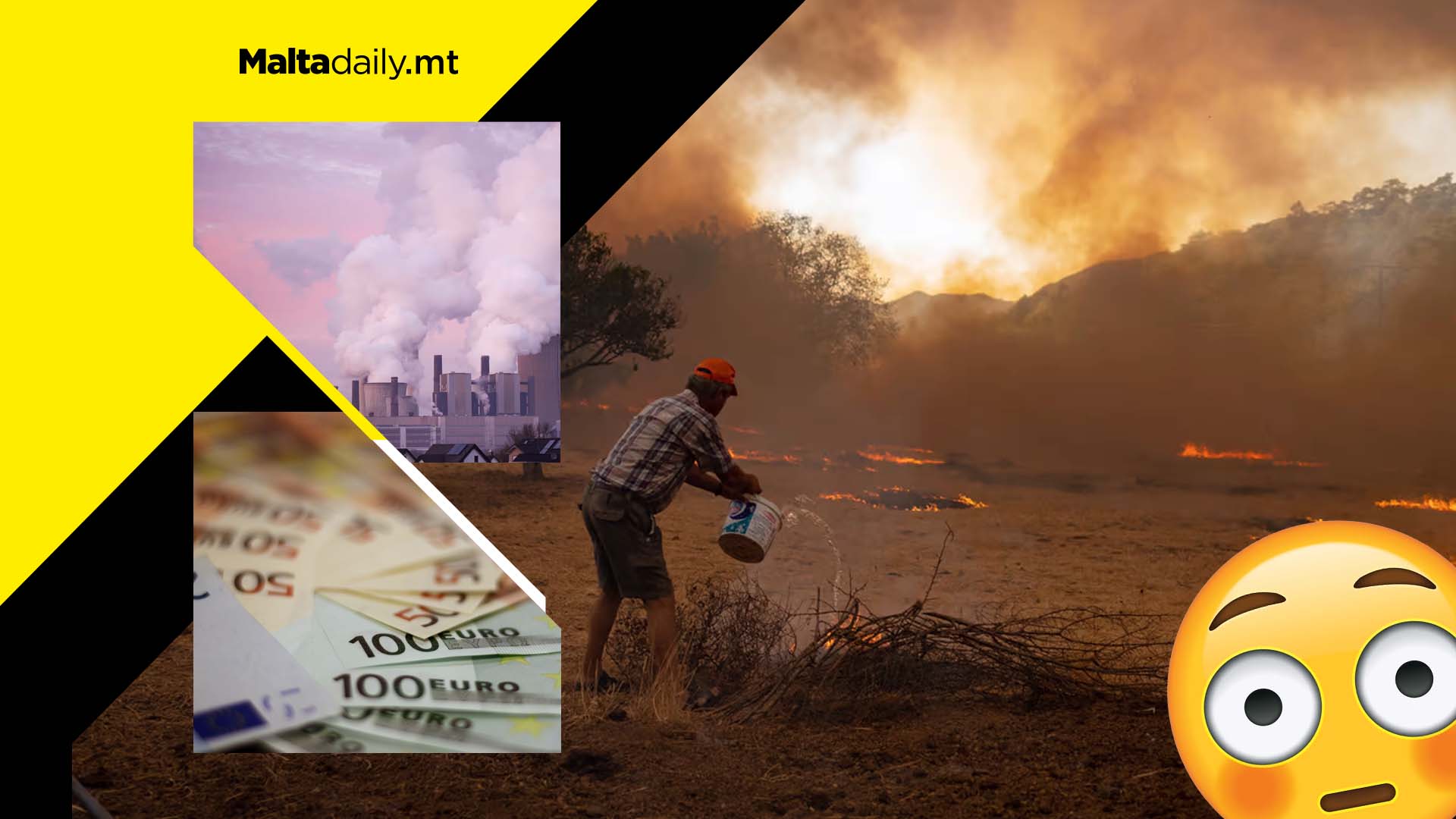
The government will lift more COVID-19 restrictions on Monday, PM Robert Abela has revealed.
The Prime Minister stated this during a conference with Finance Minister Clyde Caruana, where he also revealed that students and workers will receive €100 cheques and pensioners and those on social benefits will receive €200.
As of January 17, people not vaccinated with a booster were not allowed to enter a number of local establishments anymore. It was then announced that as of February 7th, restaurants, snack bars and band clubs would no longer require the presentation of a vaccine certificate.
What measures do you think should be lifted?
#MaltaDaily







